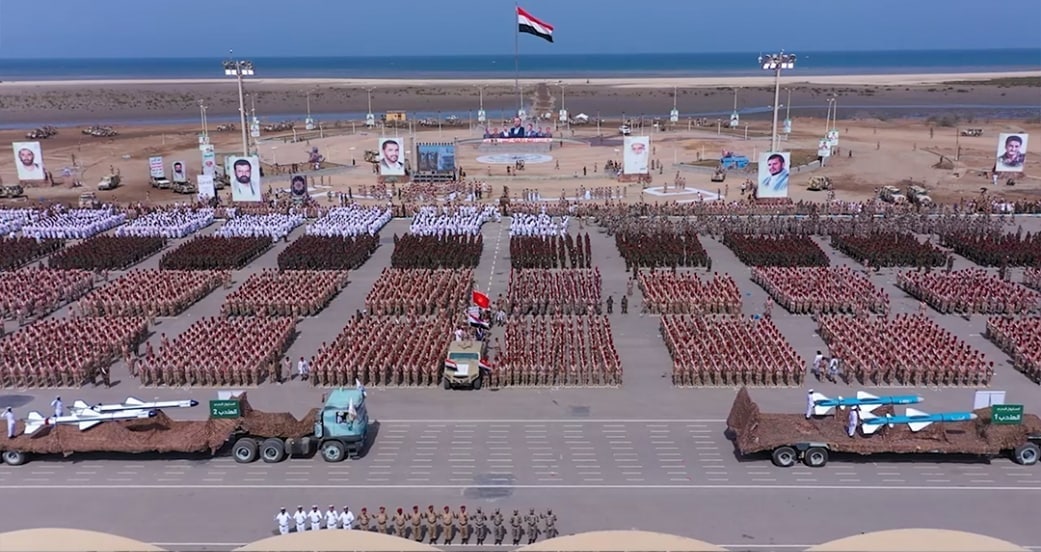The Omani mediation delegation recently conducted meetings in the capital Sana’a, resulting in an announcement of arrangements for a new round of negotiations. The aim of these negotiations is to address the humanitarian file and put an end to the suffering of the Yemeni people.
Despite previous experiences and current conditions, there are indications that this round will be different from its predecessors. The most notable difference is the limited time ceiling and an absence of room for procrastination, evasion, and deferring to a later time. This means that failure to arrive at satisfactory solutions in this round will lead directly to an end of the de-escalation phase.
Yemeni national delegation member Abdul Malik Al-Aajri explained that Sana’a “seeks for this round to be decisive in putting an end to the suffering of the Yemeni people, especially regarding humanitarian obligations.” This means that the new negotiating round will have fixed and predetermined frameworks, with a focus on the humanitarian file.
Focusing on the humanitarian file will close the door on attempts by the enemy to complicate the negotiations through demands and dictations in the form of political preconditions. It will also close the door on attempts by the enemy to promote misleading descriptions and titles of the situation.
In addition, statements by President Mashat during his meeting with the Omani delegation in Sana’a indicate that the new round will have a specified time limit. The President clarified that “time is not open-ended for the enemy to evade” and affirmed that “Yemeni public patience is nearing its end.”
The specified time limit will also close the door on attempts by aggression countries and their sponsors to use the negotiating process merely to buy time. It ensures blocking any attempts to circumvent Yemeni public demands through partial “deals” that involve dropping requirements piecemeal and converting them to bargaining chips.
In addition to the statements made by the President and national delegation, the outlines of the new negotiating round were determined primarily by Revolutionary Leader Sayyid Abdulmalik Al-Houthi’s recent warnings. The Omani delegation’s visit to Sana’a interacted directly with these warnings, meaning that the enemy will face more than just a “negotiating” test. Instead, they will face the consequences of escalating to a war of unprecedented intensity, considered to be the most severe since the beginning of the Saudi-led aggression on Yemen.
The aggression countries, led by Saudi Arabia, can no longer claim to face American pressures as in past rounds. The issue is no longer merely positive engagement at the negotiating table, but the necessity of implementing practical steps and committing to phase requirements, regardless of the American position. Saudi Arabia is responsible for its direct role in aggression and siege and cannot continue implementing American desires and instructions without repercussions.
The new round of negotiations will not permit aggression countries to remain neutral. They must choose between prioritizing their economic interests or American interests, as the consequences will no longer be delayed and the risk of military conflict will return in full force if negotiations fail.
Most observers rule out the possibility that Saudi Arabia will remedy its stance during the coming round. However, the Leader’s warnings make the outcome positive for Sana’a and the Yemeni people in both cases, as long as the current situation does not continue.
In summary, this new round of negotiations represents a decisive step towards ending the suffering of Yemeni people and addressing their most urgent humanitarian needs. The Leader’s warnings have set a limit to the current situation in advance. The final opportunity represented by this new round merely comes to complete the argument against aggression countries and place them before a decisive test. This test will force a choice of coming phase, clarifying mediators’ intentions themselves and actual reason for peace negotiations failing from beginning.







